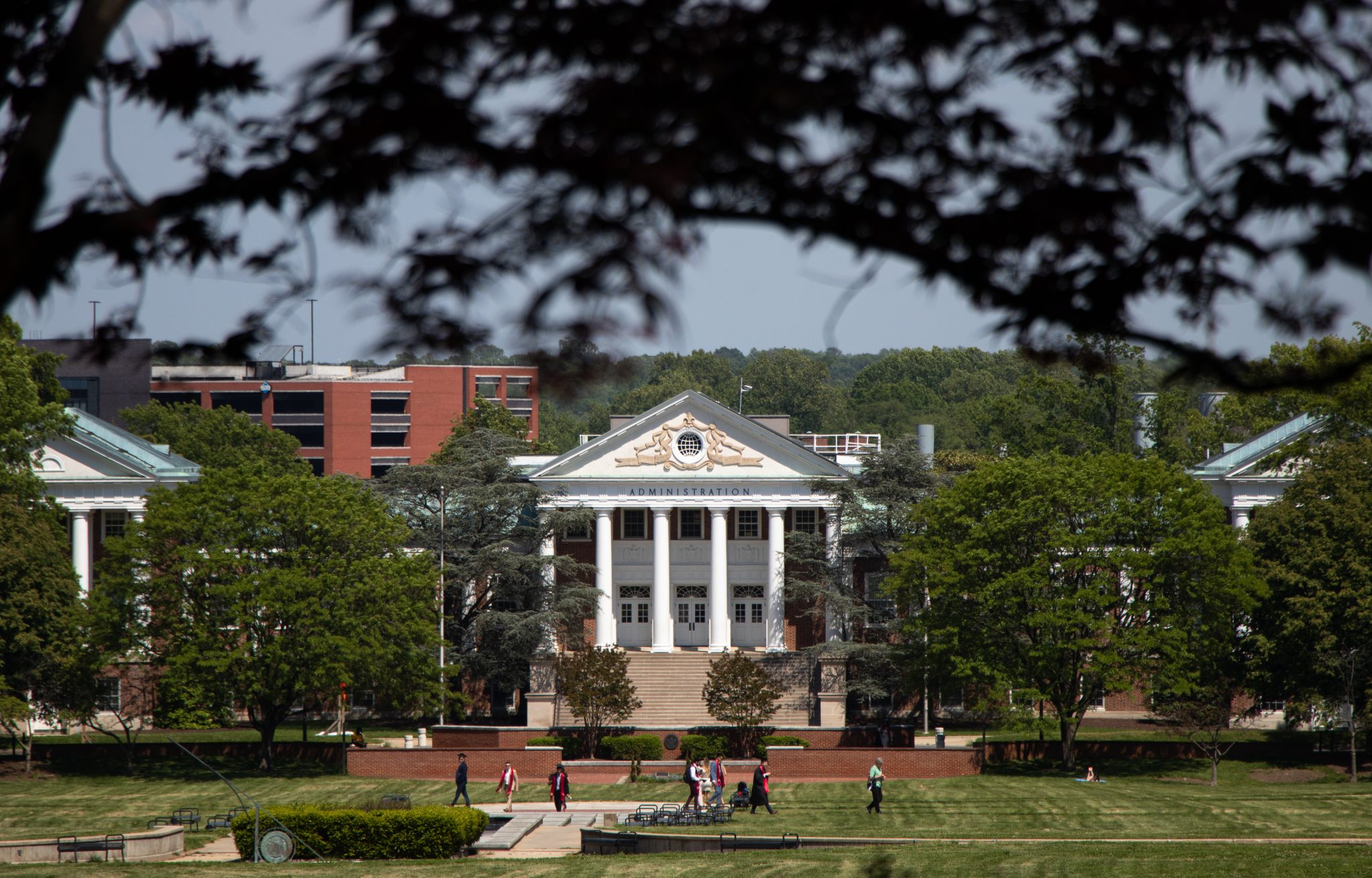By Grace Kpetemey
For the Diamondback
Muslim students at the University of Maryland say a lack of support from the administration has made it challenging to observe Ramadan while balancing academic needs and extracurricular activities.
Ramadan is the ninth month of the Islamic calendar in which Muslims fast from sunrise to sunset, pray and reflect on their lives and gather with other believers.
Diversity advocates acknowledge the university needs programming for Muslim students because Ramadan can occur during the semester.
“For us to make the university more welcoming, we’re going to have to create advocacy programming [and] intentional pieces around this,” said Ghonva Ghauri, program coordinator for the Office of Multicultural Involvement and Community Advocacy.
[UMD Muslim community reflects on community, personal values during Ramadan]
Ghauri, who is an alum of this university and is Muslim, worked with various offices in 2019 to provide students with Iftars, an evening meal Muslims break their fast with at sunset. Through this program, the university provided Iftar dinners Monday through Thursday during the holy month.
“I went to UMD for my undergraduate studies,” Ghauri wrote in an email. “Living in College Park my freshman year was the first time I celebrated Ramadan by myself without any family. It can feel very isolating.
Ghauri planned to expand the programming to include educational workshops about the religion. However, the COVID-19 pandemic halted these efforts.
The university resumed Iftar dinners during the spring semester of 2022. However, the service was limited.
Junior Omar Tawfik, an operations management and business analytics major, believes the university could do more to accommodate students. Tawfik is an intramural men’s soccer player, and is also a commuter student who dines on campus.
[Taiwanese American Student Association brings night markets to College Park]
“It is difficult to balance, ‘Should I sleep at night … until my morning meal … or finish all my work at night,” Tawfik said.
Suhoor is the meal Muslims have before dawn to prepare for a full day of fasting.
Religion and work-life balance are a struggle during Ramadan, Tawfik said. He attends classes all day and then has to go to soccer practice and games later at night.
“That whole balance is hard to find. Because of that … you get sleep-deprived,” he said. “My eyes sometimes start twitching … my immune system [and] nervous systems [are] shutting down.”
Because he commutes to school every day and his athletic commitments are demanding, Tawfik is meticulous about how he plans his schedule. He works out right before he breaks his fast in the evening and on days he has practice before Iftar, he tries to conserve as much energy as he can by not exerting as much effort as he would in a game.
This proved to be more challenging than when he observed Ramadan in a virtual environment.
“I [didn’t] have to commute, drive, stay all day on campus … worry about Iftar,” Tawfik said. “Sometimes my classes or meetings would go up to 7, 8 p.m., so do I go back home and eat with family, or do I just eat Chick-fil-a here with friends? …. I wanna go to the Mosque and pray. Do I sacrifice that and stay?”
While Tawfik is grateful for the five university-sponsored Iftar events, he believes it is capable of providing month-long fast-breaking events, similar to George Mason University. This university’s dining halls offered carryout dinner and breakfast meals, but students needed to submit request forms so they could receive their food in advance.
“[Students need] a packaged meal that would not only fill you up, but also provide you with all the basic nutrition you need to get through the day,” Tawfik said. “I can get better food from a gas station.”
Kimberly Syuardi, a sophomore communication major, has never been away from her family during this time.
“It’s been a very hard adjustment,” she said. “For Suhoor … usually my mama will make me food back at home, but since it’s my first time moved out of the house, I have to cook for myself and it’s been really hard to wake up at 4:45 in the morning.”
Syuradi, an avid gym-goer, was strength training before Ramadan and ate a lot throughout the day. She modified her schedule slightly to work out after Iftar, so she had more energy.
“[Breaking your fast] is so satisfying. I think Islam tests your patience a lot … One saying the prophet Muhammad actually says is to not be quick when you break your fast, don’t be too eager to break your fast,” Syuardi said.
Sophomore government and politics and journalism major Aya Hussein is a commuter who struggles with sleep during the holy month, and is cautious about discussing it with professors.
Hussein said it would be helpful for professors to be more aware.
“I haven’t really spoken to [my professors] about [Ramadan] because I don’t know if it’s a reasonable enough excuse,” Hussein said.
Situations such as Hussein’s have pushed Ghauri to advocate for more support from MICA and university administration.
“The university needs to be more intentional in creating space for this religious minority,” Ghauri said. “I hope we continue to make strides towards doing that proactively for the Muslim community as well.”



